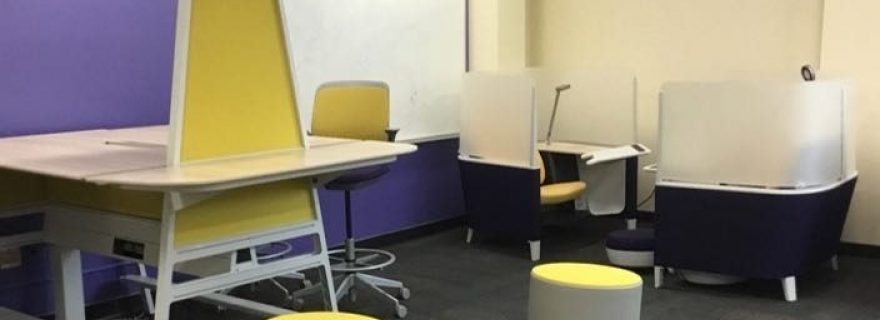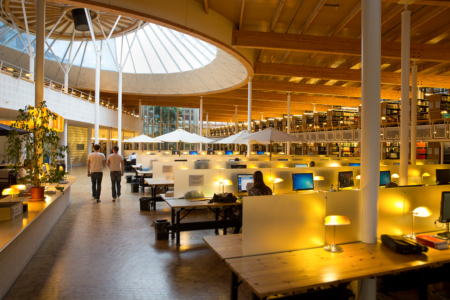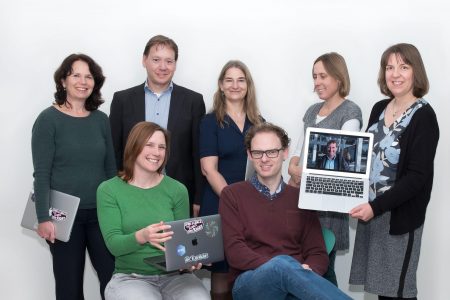Envisioning a Scholar’s Lab at Leiden University
Fulbright Specialist grantee Katy Webb has just completed the first of two visits to the Centre for Digital Scholarship to help envision what a scholar’s lab space might look like. The first phase of the work will investigate and report on the needs.
Guest author: Katy Kavanagh Webb.
I am thrilled to be visiting the Centre for Digital Scholarship (CDS) as a visiting researcher from the United States. I have been awarded a Fulbright Specialist grant funded in part by the U.S. Department of State. I am the Head of Research and Instructional Services at Joyner Library, East Carolina University, where I supervise a team of 11 and take a role in projects relating to our public services areas on the main floor and basement.
While in Leiden, I am conducting a needs analysis project with the CDS to investigate the need for a Scholar’s Lab located in their current office space. The project will take the form of two visits to the CDS, one from 27 October – 15 November 2019, and the other from 15 March – 4 April 2020.
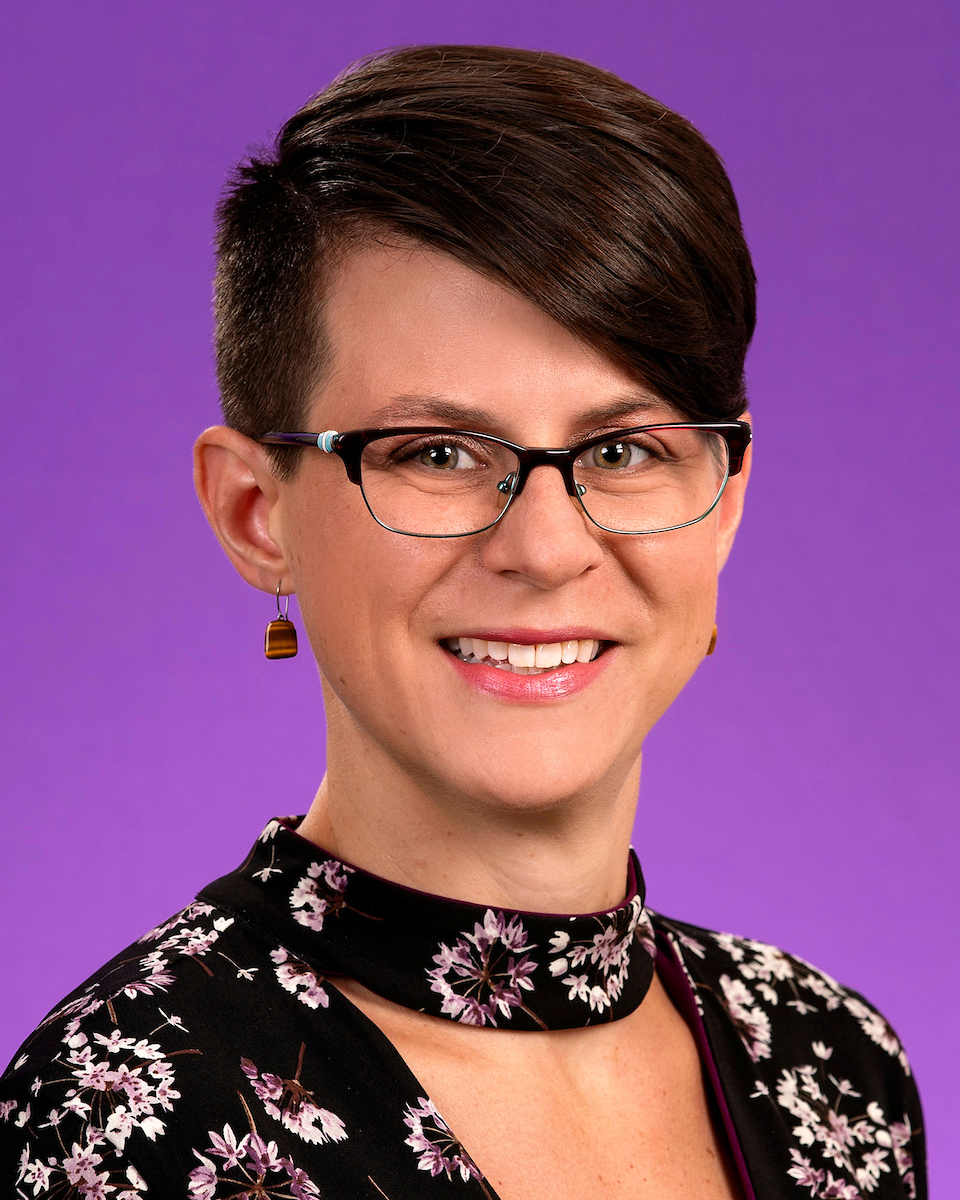
During my first visit, I will interview librarians and researchers to discover the need for the lab space that has been proposed. The result will be a report that will be presented to the CDS and library administration. During my second visit, we will have workshops within Leiden University and with other relevant stakeholders.
I am the author of the book, Development of Creative Spaces in Academic Libraries: A Decisionmaker’s Guide (Chandos, 2018). My main research interest centers on the design of spaces in academic libraries for the use of students and faculty for creating digital humanities projects, data visualizations, and other scholarly outputs of research.
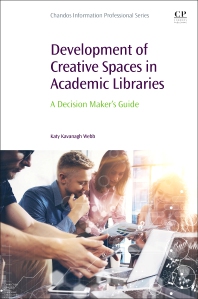
Models of creative spaces that are popping up in libraries include makerspaces, digital media labs, digital humanities labs, data visualization labs, and scholar’s labs. These spaces include dedicated areas for research, new technologies, support from specialized librarians, and some type of instruction, such as workshops or one-on-one teaching.
During my visit, I will present on the findings of a research project that I conducted for the purpose of my visit before arriving to Leiden University, wherein I looked at 36 scholar’s labs in academic libraries in the U.S., E.U., and Canada. The methodology for this project was that of a content analysis that focused on the websites of these spaces, as well as five interviews with the department heads in charge of labs that are similar to the one proposed for Leiden University’s library. The research applies features of the model for existing scholar’s labs to features presented in my book, and can be used as a benchmarking tool for other spaces that are just getting started.
During my second visit, I hope to help the staff in the Centre for Digital Scholarship to envision what such a space might look like. The lab would be aimed at researchers who are interested in deepening their knowledge of research using the services offered by the CDS, such as data management, text mining, IIIF, and more.
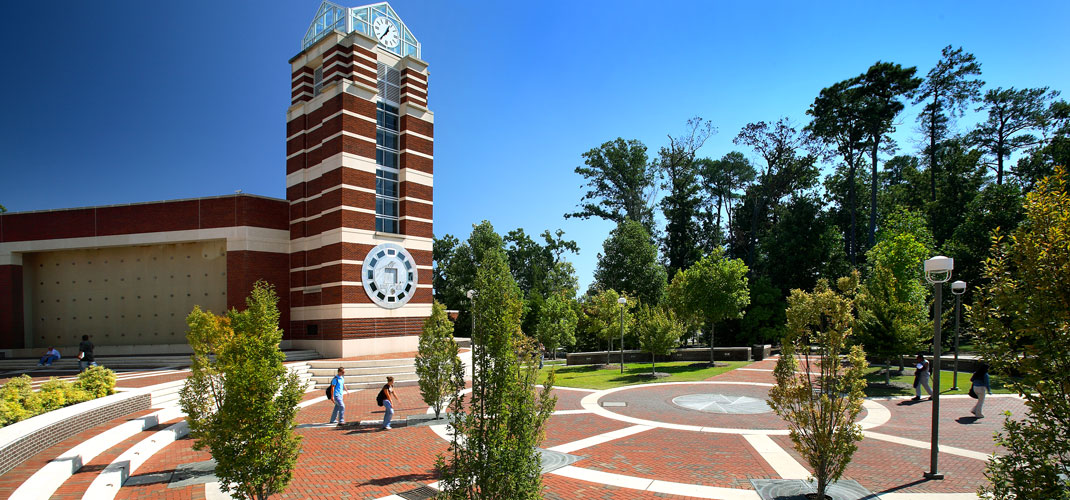
Image: Joyner Library, East Carolina University, USA.

